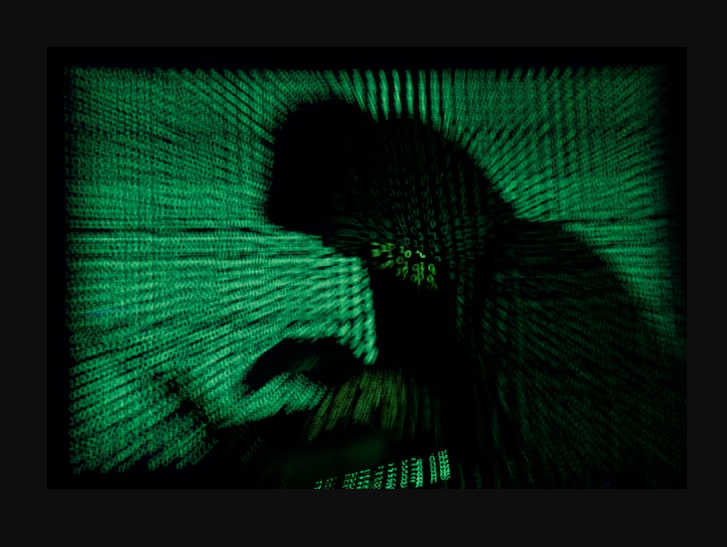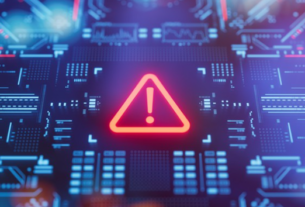The internet’s most infamous corner, 4chan, was hit by a massive hack on April 14, 2025, sending shockwaves through its anonymous community. From exposed moderator emails to leaked source code, this breach is one of the biggest in the site’s history, leaving U.S. tech fans and cybersecurity buffs buzzing. Tech4Get’s diving into the 4chan hack chaos—what happened, who’s behind it, and why it might change the web forever.
What Went Down in the 4chan Hack?
Late Monday night, 4chan users noticed something wild: a long-dead board, /qa/, roared back to life with “U GOT HACKED XD” plastered across it. By Tuesday, the site was sluggish or outright down, with Downdetector logging thousands of outage reports. Hackers, allegedly tied to rival forum Soyjak.party, dropped a bombshell on the web, leaking:
- Moderator Details: Emails and usernames of ~218 moderators and “janitors” (low-level mods), shattering their anonymity.
- Source Code: Chunks of 4chan’s backend, including the core “yotsuba.php” file that runs posting and bans.
- Admin Tools: Screenshots of panels showing IP tracking and user bans, hinting that 4chan’s “anonymity” wasn’t bulletproof.
A 4chan moderator told TechCrunch the leaks looked legit, while cybersecurity expert Alon Gal called it a “serious breach” based on circulating screenshots. For U.S. users who’ve lurked or posted on 4chan, this raises a big question: how safe was it, really?
Who’s Behind the Attack?
The culprits seem to be from Soyjak.party, a rival imageboard born from 4chan’s banned /qa/ board in 2020. Dubbed “operation soyclipse,” the hack was allegedly planned for over a year, with one attacker boasting admin-level access since 2024. Soyjak.party users celebrated, claiming they exposed 4chan’s inner workings to settle old scores. Posts on X suggest the site’s outdated software—like FreeBSD 10.1 or old PHP versions—made it an easy target, though 4chan’s team hasn’t confirmed this. The bad blood between these forums adds a layer of internet drama that’s got U.S. meme fans hooked.

Why 4chan’s a Big Deal
If you’ve ever laughed at a Pepe the Frog meme or seen “Anonymous” in the news, you’ve brushed up against 4chan’s influence. This barebones imageboard, launched in 2003, is the internet’s Wild West—home to viral memes, hacker collectives, and darker corners like incel rants or far-right rhetoric. It’s tied to real-world chaos, from Gamergate’s 2014 harassment campaigns to manifestos linked to shootings in Christchurch (2019) and Buffalo (2022). Yet, it’s also a cultural juggernaut, with over 20 million monthly visitors despite its low ad revenue—brands steer clear of its edgy vibe. For U.S. readers, 4chan’s hack is a wake-up call about the risks of anonymous platforms.
The Fallout: Moderators Exposed, Users at Risk?
This hack hits 4chan where it hurts: its anonymity. Leaked emails could unmask moderators, some of whom manage boards tied to extreme content, putting them at personal risk—especially in the U.S., where far-right ties spark heated debate. The Register even floated rumors of 4chan being a government “honeypot,” though that’s unproven. Worse, data from “4chan Pass” subscribers (paying users) might’ve been nabbed, potentially exposing IPs or emails, including .edu and .gov addresses, per Engadget. With 60% of U.S. adults worried about data breaches (per 2024 surveys), this news hits home for anyone who’s ever browsed the site.
Could This Be 4chan’s End?
Some X posts call this the “end of 4chan,” predicting its toxic reputation and now-cracked security could drive users away. Wired notes the site survived past storms—like boycotts or a 2015 hack—but this breach feels different, exposing core systems and trust. If outdated tech (think unpatched PHP) was the weak link, as Cybersecurity News suggests, 4chan’s team faces a steep climb to rebuild. Yet, its diehard U.S. community might keep it alive, drawn to its raw, unfiltered chaos. Will it bounce back or fade like MySpace? The internet’s watching.
Stay Safe and Stay Curious
The 4chan hack is a wild reminder that even the internet’s shadiest corners aren’t immune to breaches. Whether you’re a lurker, a meme maker, or just love tech drama, this story’s got it all—hacks, rivalries, and questions about online privacy. Tech4Get’s got your back with the latest cybersecurity scoops, so stick with us to see how this unfolds. Worried about your data? Check your accounts and join the convo—what’s next for the web’s wild side?



